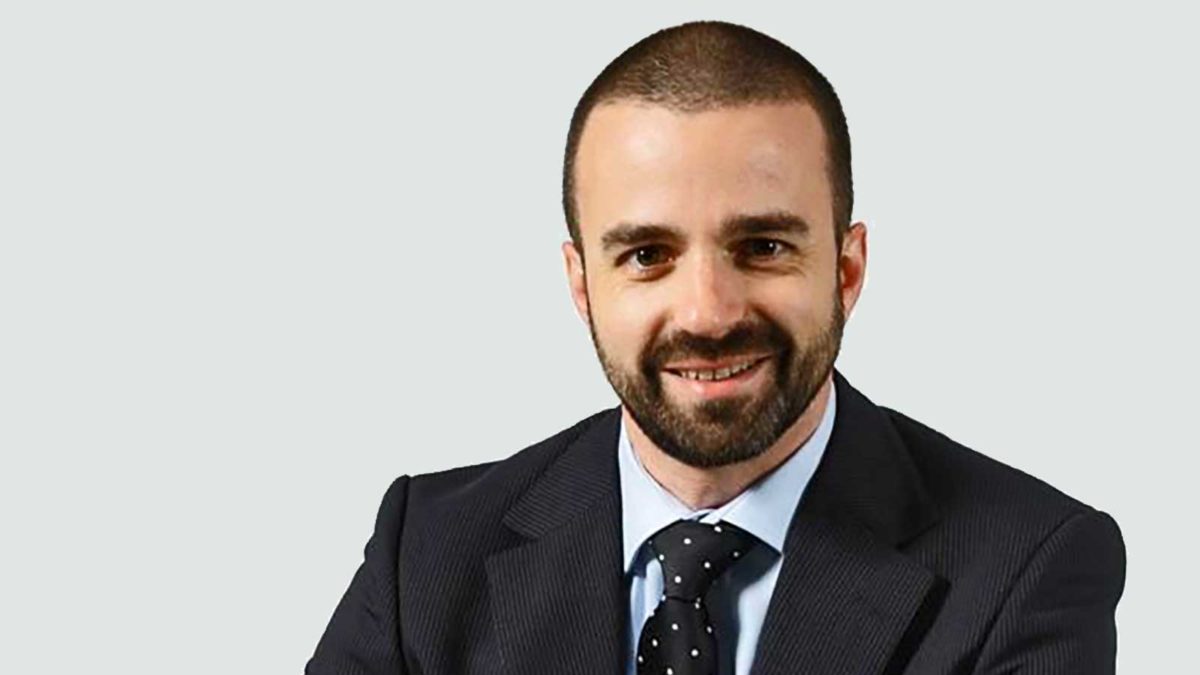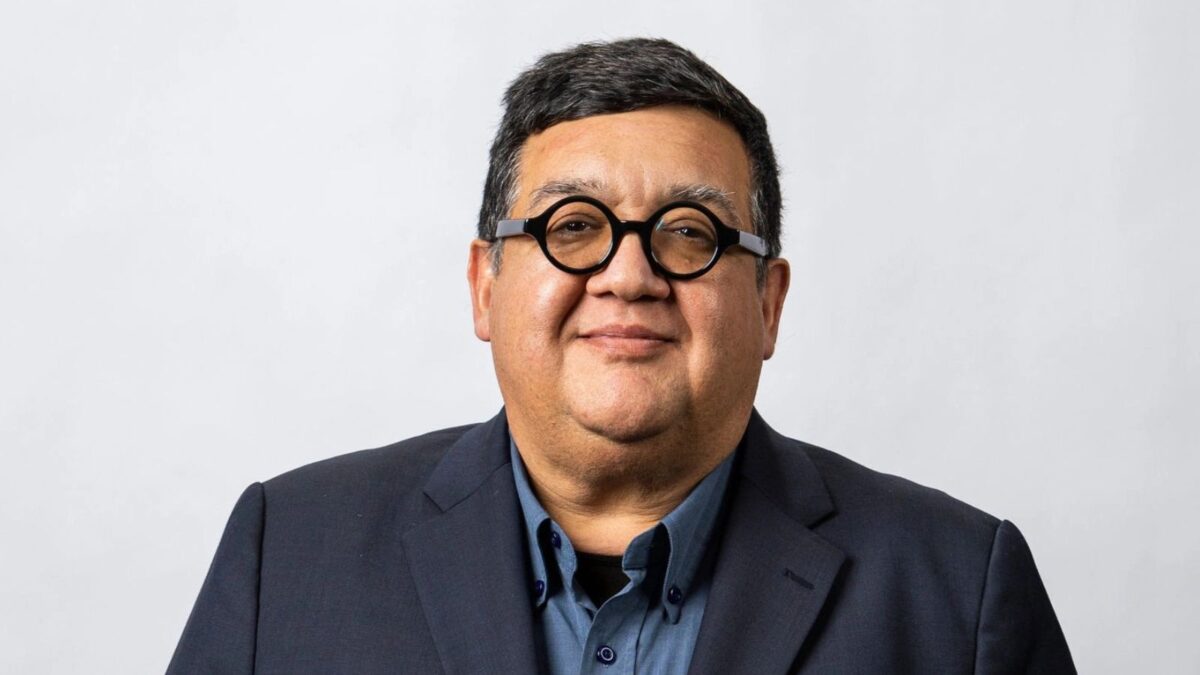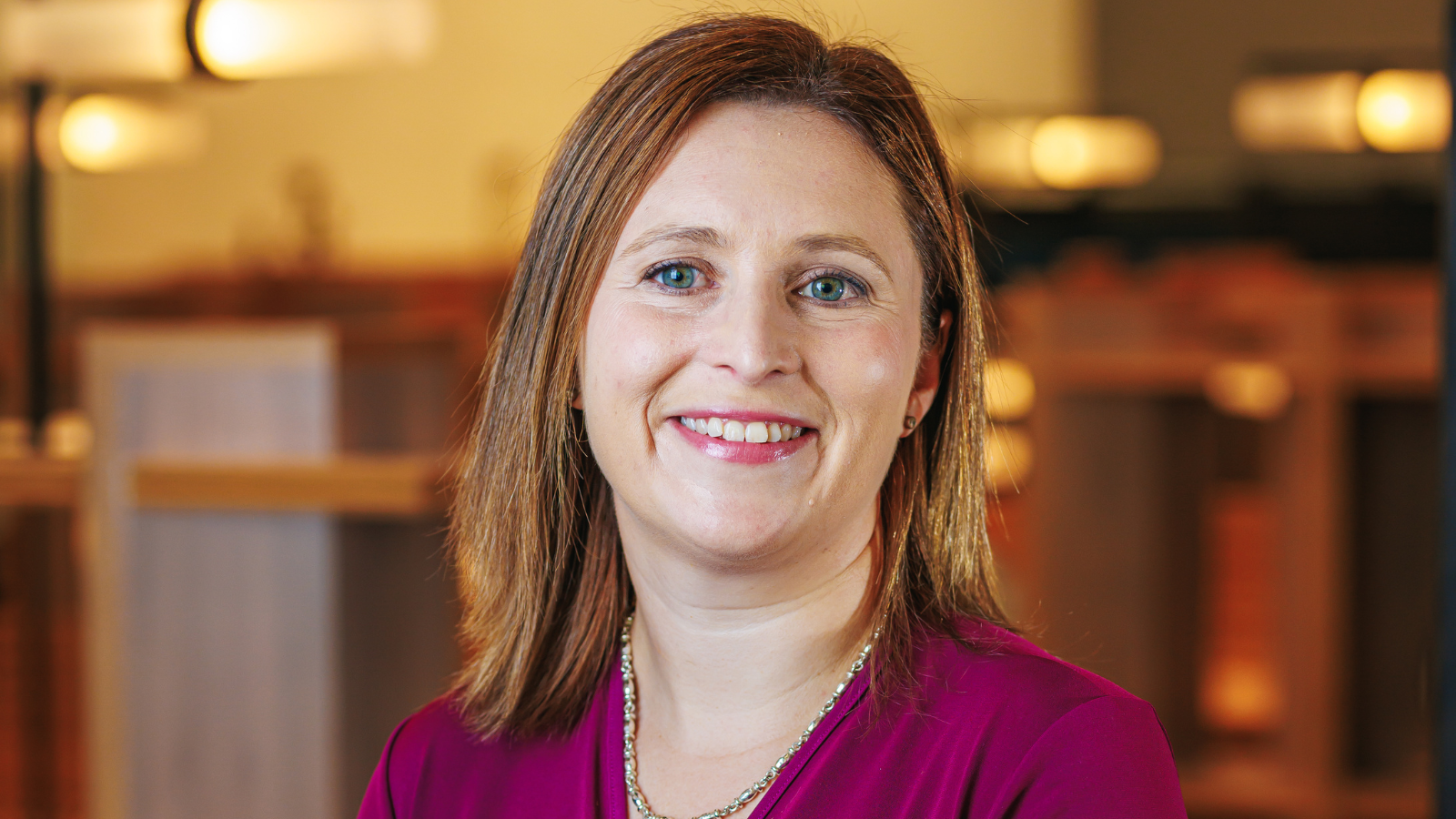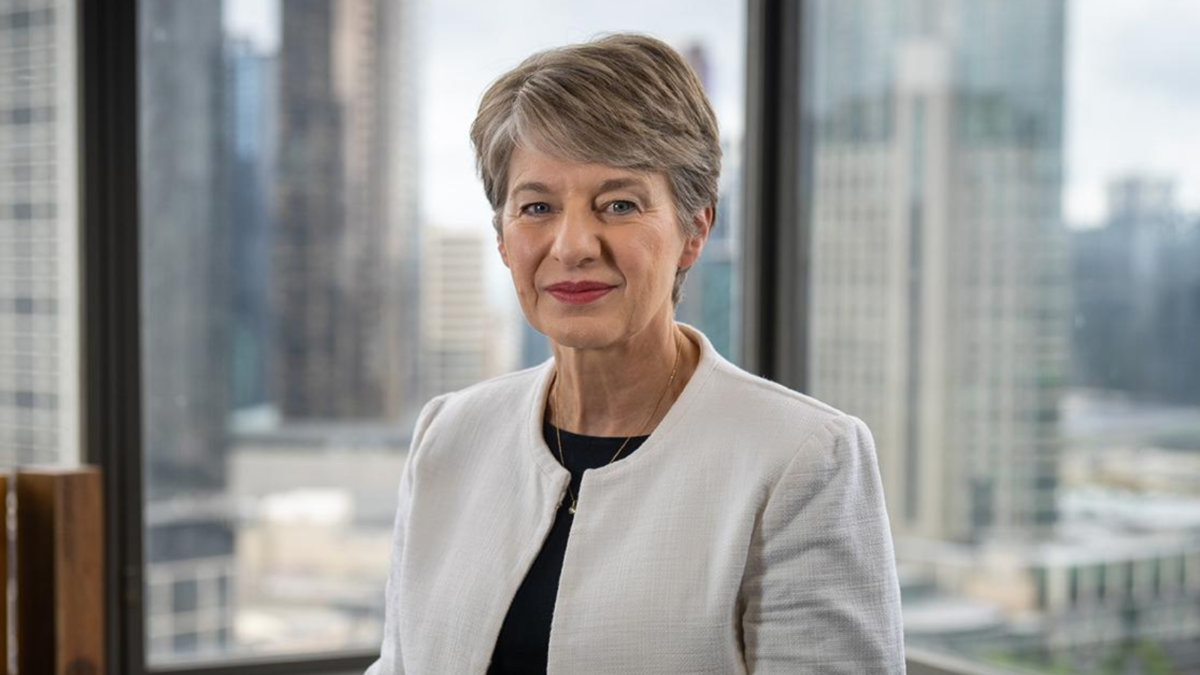ESG in a worst-case world
The sixth report of the Intergovernmental Panel on Climate Change (IPCC) has lit a fire under fund managers – literally. The problem is figuring out what they can do about it.
“In order to get to any kind of stable climate outcome, we need to reduce emissions, and we haven’t done that yet,” says Pablo Berrutti, senior investment specialist at Stewart Investors. “Even with a global pandemic and transport and aviation shut down, we didn’t see the kind of emissions reductions we need to be doing every single year for the next decade… It’s not a good trend.”
Berrutti was the chair of the Responsible Investment Association of Australasia (RIAA) from 2011-2018, and was head of responsible investment for APAC at CFSGAM before it became First Sentier. Berrutti had “long admired” Stewart Investors’- which was an independently managed affiliate of CFSGAM – approach to ESG and sustainability, and joined its team two years ago as a senior investment specialist.
Stewart is perhaps unique in that it doesn’t place special emphasis on ESG mainstays such as the UN Sustainable Development Goals (SDGs) or the Principles of Responsible Investment (PRI). Berrutti says that while those mainstays are important, Stewart is “cautious and circumspect” about the things it signs up to because, in its long history, the team has seen “initiatives that take up a lot of heat and energy that then don’t produce much in terms of outcomes”. Berrutti also cites emerging markets as one area where they can oversimplify the investment process.
“When you invest in APAC all the way back to 1988 and look at the development challenges there, you start to see the importance of qualitative factors around the management the stewardship, the integrity of the people who are running companies. If you go to a country like India, you get the best and worst of corporate governance from family stewards,” Berrutti says.
“A lot of the ways that the SDGs and net zero manifest in investing is to try and find a number. What’s the number that’s going to tell us the answer we need to make a decision? Quantitative aspects are important, but they don’t tell the whole story.”
Berrutti’s role at Stewart is part time, allowing him to focus on a personal project: Altiorem, a community built sustainability library that draws on volunteers from five Australian universities for a “wisdom of the crowds” approach.
“Everything in there is research that’s good quality that’s supporting the case for sustainable finance and the tools that make its implementation easier. There’s an overwhelming amount of information out there but it’s not necessarily well-organised… by summarizing the content and organizing the content we’re hoping to make it accessible to the broader industry and really drive home why these issues are so important.”
Altiorem means “higher in Latin – as in, “a higher purpose”. Berrutti says that it was built from “frustration” with the gap forming between ESG specialists and the wider industry who wanted to engage with sustainability issues but who lacked the time to do it. Berrutti cites a study from the CFA Institute which found that of 7000 charter holders surveyed, only 11 per cent said they were proficient at integrating ESG issues into their investment analysis.
“Given we all think we’re better than average drivers, the number is probably much lower than that,” Berrutti says. “While the idea for Altiorem came a couple of years ago, I think that survey really provides evidence for why things like Altiorem are needed. It’s not a complete solution, but it’s definitely part of one.”
Any conversation on ESG inevitably turns to the recently released sixth report of the UN’s Intergovernmental Panel on Climate Change (IPCC), which was notable for confirming that human fingerprints are indeed all over global warming and that it is “already affecting every inhabited region across the globe, with human influence contributing to many observed changes in weather and climate extremes”. The conditions that Australia in particular has experienced over the last two years will likely become more common and more deadly. It’s a sobering assessment, but Berrutti says “it shouldn’t surprise anybody”.
“We’ve been warned for decades about the implications of continuing to release greenhouse gases into the atmosphere, and we’re getting the things we ought to have expected… I think it’s increasingly accepted now that we are tracking towards the worst-case outcomes.”
But if the worst-case outcome is also the most likely, that begs the question of what, if anything, global finance can do about it. Over the years in which ESG has moved to the mainstream, a narrative has increasingly emerged of investors stepping up when governments are checking out, doing the hard work of forcing companies to curb their emissions when regulators and legislators don’t. But it’s hard to effect change when the change required could be infrastructure adaptation projects on a grand scale rather than emissions reductions.
While Berrutti concedes that large-scale adaption projects will mainly be the domain of governments, he believes financial markets can support that by acting as gatekeepers of capital and – in Australia at least – seeing sustainability through a “more integrated lens” to manage the full spectrum impacts of climate change.
“We’re not going to solve the climate crisis if we don’t also solve the biodiversity crisis. We’re not going to solve the climate crisis if we don’t do it in a way that respects human rights, with an eye towards inequality,” Berrutti says.
“How do we invest in ways that deliver more equitable outcomes? How do our investments shift capital from polluting and harmful industries towards ones that not only deliver good returns, but also make the world a better place? That’s the kind of broader and more integrated thinking we’re going to need in the Australian financial community.”










